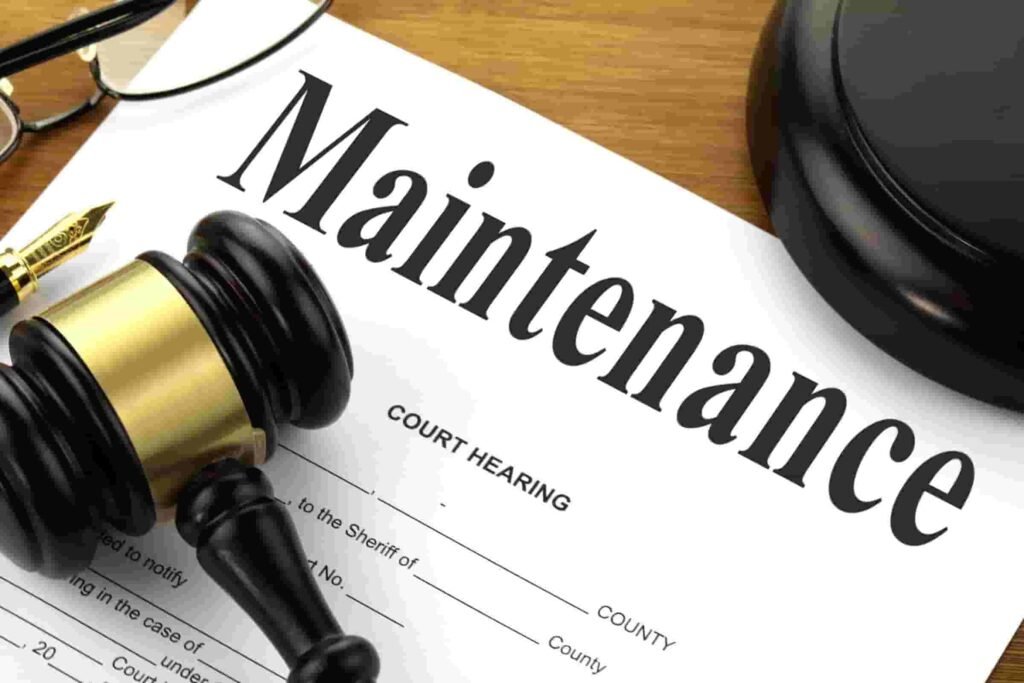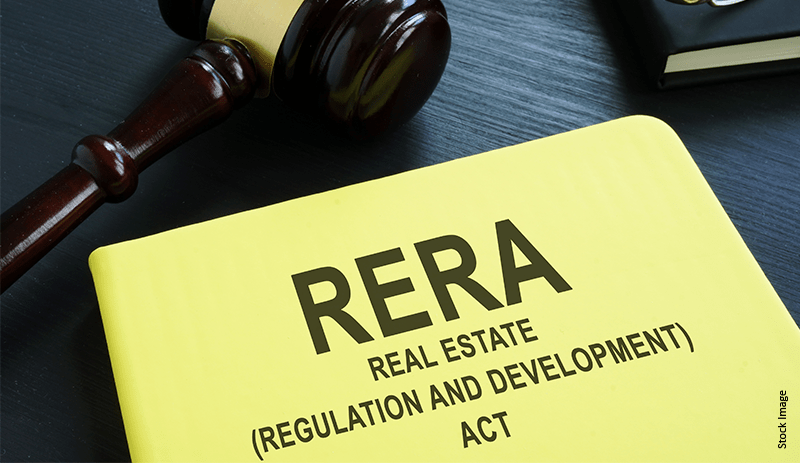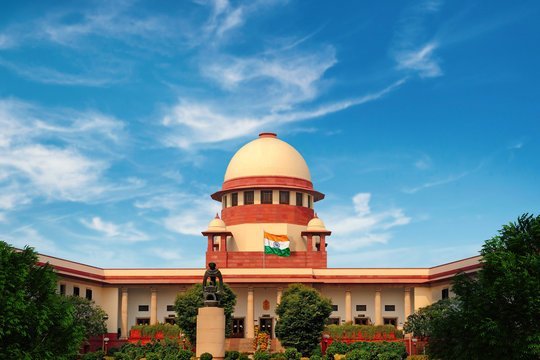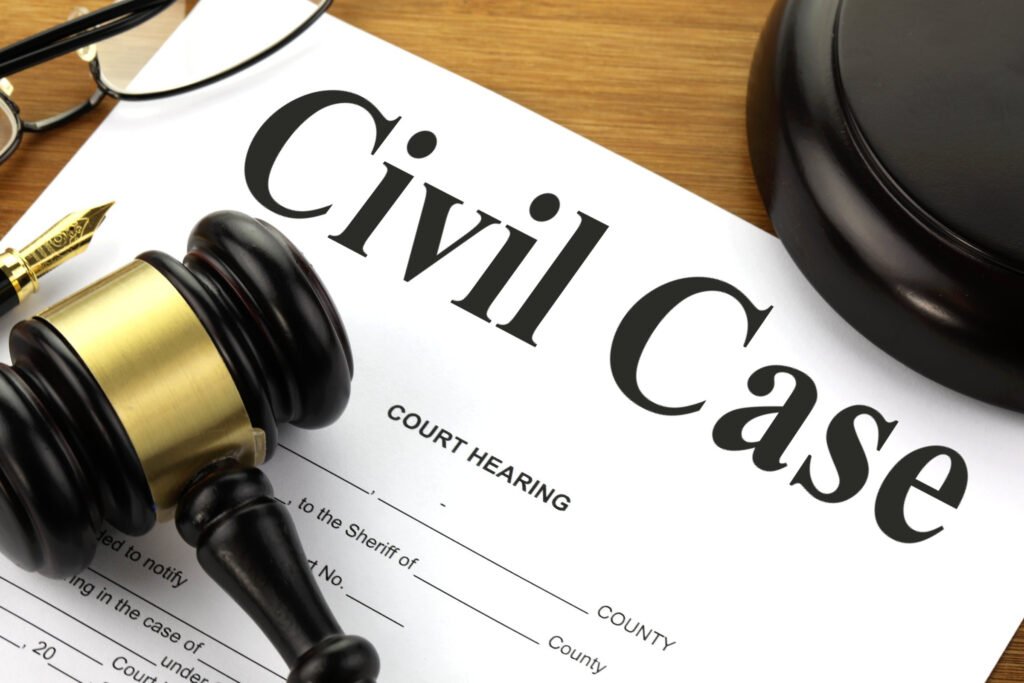Area Of Practice

About Us
Criminal bails
Bail can be granted to the accused in case of non bailable offences subject to some limitation and conditions. The idea of bail conveys the meaning that the accused cannot be presumed to be guilty until his guilt is proved.
Broadly speaking there are three categories of bail and they are- i] bail in bailable offences, ii] bail in non bailable offences, iii]anticipatory bail, BAIL IN BAILABLE OFFENCES, Section 436 of the Code of Criminal Procedure deals with provisions of bail in bailable offences.

About Us
Divorce case
Divorce is a legal process of dissolving a marriage between two individuals. It is never an easy decision to make, and it can be a challenging and emotional process for everyone involved.
They have to show that they are living separately for one or more year and not able to live together. Under Section 13B of the Hindu Marriage Act, 1955, the parties can seek divorce by mutual consent by filing a petition before the court. Mutual consent means that both the parties agree for peaceful separation.

About Us
Maintenance case
The term ‘maintenance’ is defined as an amount payable by the husband to his wife who is unable to maintain herself either during the subsistence of marriage or upon separation or divorce.
A person may sue for maintenance under s. 125 of CrPC. If a person has already obtained maintenance order under his or her personal law, the magistrate while fixing the amount of maintenance may take that into consideration while fixing the quantum of maintenance under the Code.

Child custody
Child custody consists of legal custody, which is the right to make decisions about the child, and physical custody, which is the right and duty to house, provide and care for the child. Married parents normally have joint legal and physical custody of their children.

All family matter proceeding
The ambit of family proceedings is very wide, including proceedings for divorce, domestic violence, children in care (see care order), adoption, and wardship and applications for a parental order under section 30 of the Human Fertilization and Embryology Act 1990 (see section 30 order).

CHEQUE Bounce case
Cheque Bounce notice is nothing but an intimation to the issuer that legal action will be taken by the cheque beneficiary in case of non-payment of cheque amount on an immediate basis. Cheque bounce is a condition which arises due to the non-payment of the amount because of the lack of balance in the account.
If the drawer doesn’t pay within the notice period, you can file a criminal complaint under Section 138 of the Negotiable Instruments Act before the appropriate court. Typically, this would be the Magistrate Court within whose jurisdiction the bank branch where the payee holds an account is situated.

All Frauds case
A misleading conduct done by someone, with the objective to get an illegal advantage or to harm someone else’s (victim’s) rights is commonly known as Fraud. Bankruptcy, credit card fraud, frauds done in security and wire fraud are all examples of fraud that one is vulnerable to in this world.
Fraud is an intentionally deceptive action designed to provide the perpetrator with an unlawful gain or to deny a right to a victim. Types of fraud include tax fraud, credit card fraud, wire fraud, securities fraud, and bankruptcy fraud.

RERA (Builders related case) COMPLANT
A buyer may file a complaint with the RERA Authority for any violation or contravention of the RERA Act’s provisions by a builder, promoter, developer, or real estate agent. Conditions under which a buyer can file the RERA complaint include: Delay in Possession. False Advertisement.
RERA stands for the Real Estate (Regulation and Development) Act, 2016, which is introduced for the benefits of the buyers. RERA registration has provided safety to buyers against the builders. The Consumers earlier had an option to make a complaint before NCDRC (National Consumer Dispute Redressal Commission).

All Criminal case processiding
Litigation is the practice of settling disputes in the Courts of Law. In India, due to the complex judicial structure, litigation as such can be a complicated and time-consuming process. The judiciary, further, follows a hierarchical system in India. The Hon’ble Supreme Court is the apex court for the entire nation and the Hon’ble high courts oversee the judicial proceedings at the state level. The next in order are the subordinate courts like the civil courts, criminal courts, and district and family courts. In essence, the judiciary adopts a pyramidal structure with the Hon’ble Supreme Court at the highest level, carrying out the appellate jurisdiction.
Noidabestlawyers is ranked among the top Litigation Law Firms in Delhi NCR, India and serving its clients before several Courts in different parts of the country as well as Internationally. The firm has built a robust practice and is recognized as one of the Best Litigation Law Firms providing its services across India anchoring upon its vast experience, established expertise and diverse capabilities in handling litigation matters for its client’s before several District Courts, Hon’ble High Courts and Hon’ble Supreme Court of India. Our services include handling various commercial, Criminal, Civil and White collar matters before the courts, judicial, quasi-judicial authorities, and tribunals.

About Us
All Civil case
Civil cases refer to clashes between two or more persons with respect to property, breach of agreement or contract, divorce or landlord-tenant disputes. Criminal cases refer to violation of laws. These cases are regarding theft, rape, physical assault, murder, etc.

About Us
Financial fraud case
Financial fraud happens when someone deprives you of your money, capital, or otherwise harms your financial health through deceptive, misleading, or other illegal practices.
Fraud is a criminal offense, but a person alleged to have committed fraud can also be taken to civil court. A prosecutor brings criminal charges in criminal court. A fraud victim may file a civil lawsuit against the alleged scammer to recover money.

Court marriage
Court marriage is a legal process to complete the wedding of two partners. It is performed in court according to the different laws in Delhi. It allows the marriage of partners irrespective of their religion or caste.
Court Marriage is solemnizing the marriage as per the law to give it legal validity. The marriage must be between two persons of the opposite gender where the male must be at least 21 years of age and for the female, it is 18 years.
